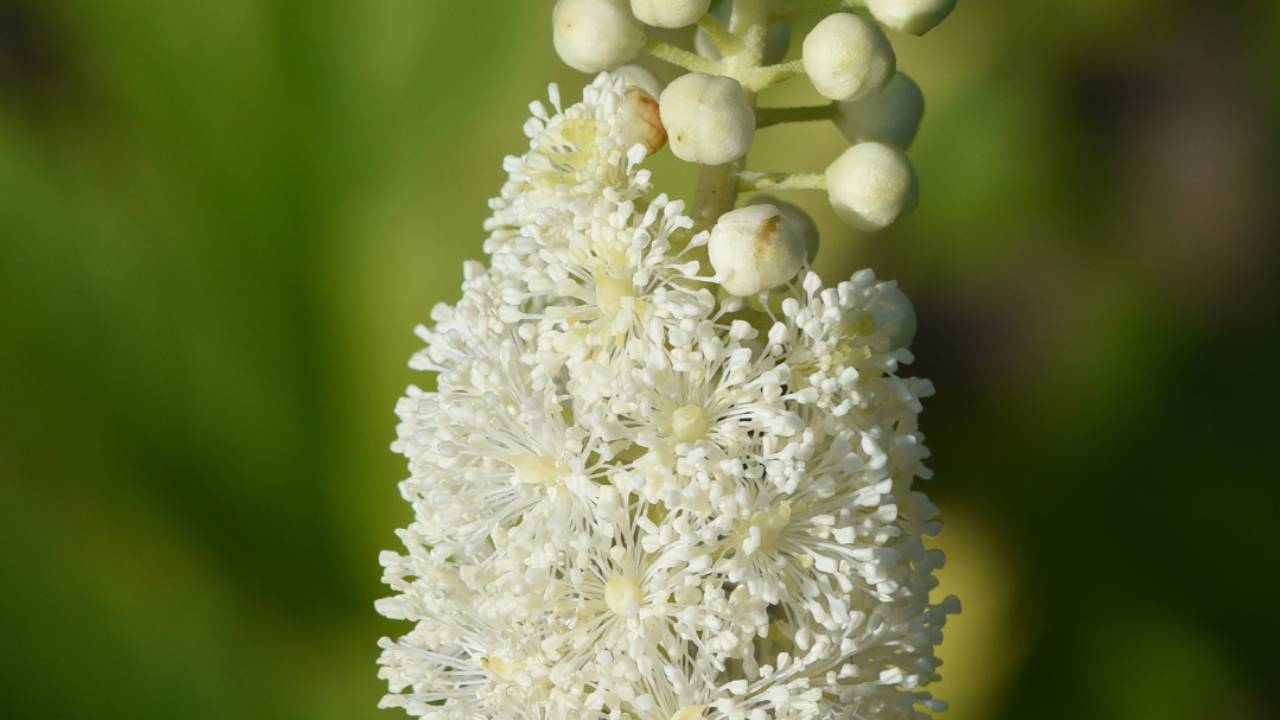
Herbal PMS Remedies: Herbs For Hormone Health
It’s that time of the month. Bloating, sore breasts, ridiculous food cravings that derail your diet goals, mood swings, irrational anger, and the cramps…who can forget the cramps. My least favorite thing to do is pop a couple of ibuprofen that’ll help with cramps and nothing else. That’s not real relief. Herbal PMS relief though…that looks at the whole body.
Using herbs for hormone health, over time with consistent use, can balance hormones so all those crazy symptoms don’t completely derail your life every month. And yes, there’s pain relief too!
Let’s look at eleven of the best herbs to reach for when you need hormone balance, PMS, and PMDD relief.
Understanding PMS, PMDD, and Hormonal Complexities
Premenstrual Syndrome (PMS) is a collection of physical and emotional symptoms that many women experience in the luteal phase of their menstrual cycle, just before the menstrual period begins. Common symptoms of PMS include:
- Physical symptoms: Bloating, breast tenderness, headaches, back pain, fluid retention, gastrointestinal issues like constipation or diarrhea
- Emotional symptoms: Mood swings, anxiety, irritability, irrational anger, and sleep disturbances
Let me be clear. PMS and PMDD are NOT the same thing. When PMS symptoms become so severe they start to disrupt your daily life, you should be evaluated for Premenstrual Dysphoric Disorder (PMDD). PMDD is a much more intense and debilitating form of PMS. Symptoms of PMDD often include severe mood symptoms, intense difficulty concentrating, feelings of hopelessness, depression, recurring suicidal thoughts, and feeling very overwhelmed and out of control.
This is a serious condition that often needs medical intervention. Conventional medicine treats PMDD by managing the symptoms. Natural approaches look at the cause, which is the hormones! If you think you may have PMDD, or have been diagnosed with it and want to use a natural approach, please work closely with a functional medicine doctor. This is not a condition that can be managed without close supervision by an experienced professional.
Complicated Conditions: Endometriosis and PCOS
For some women, health conditions like endometriosis and polycystic ovary syndrome (PCOS) make managing PMS symptoms more challenging:
- Endometriosis: Extremely painful periods, chronic pelvic pain, and heavy menstrual bleeding. Endometriosis can grow on any part of the body and can invade organs as well. The intestines are particularly vulnerable because of their fragility and proximity to the ovaries and uterus, where most endometriosis grows. If you have symptoms of this condition, you can learn more about it at the Endometriosis Association. Be sure to read up on the approved ways to diagnose and treat it, because believe it or not, most gynecologists do treat or even diagnose women correctly.
- PCOS: Irregular periods, hormonal imbalances, weight gain, frequent ovarian cysts, acne, insulin resistance, and fertility issues. PCOS causes chronic conditions like high cholesterol, high blood pressure, and diabetes that put women at an increased risk of heart disease and stroke. The conventional treatment for this condition often requires medications to treat the symptoms, with minimal treatment for the hormone imbalances that cause these issues. Learn more about PCOS here.
These conditions are very complex and often require a combination of natural remedies, lifestyle changes, dietary changes, and medical and surgical treatments.
Herbs for PMS Relief and Hormonal Balance
Whether you have a complex medical condition or need help supporting your body and hormones during your monthly cycles, there are herbs that are here to help:
Vitex Agnus-Castus (Chaste Tree)
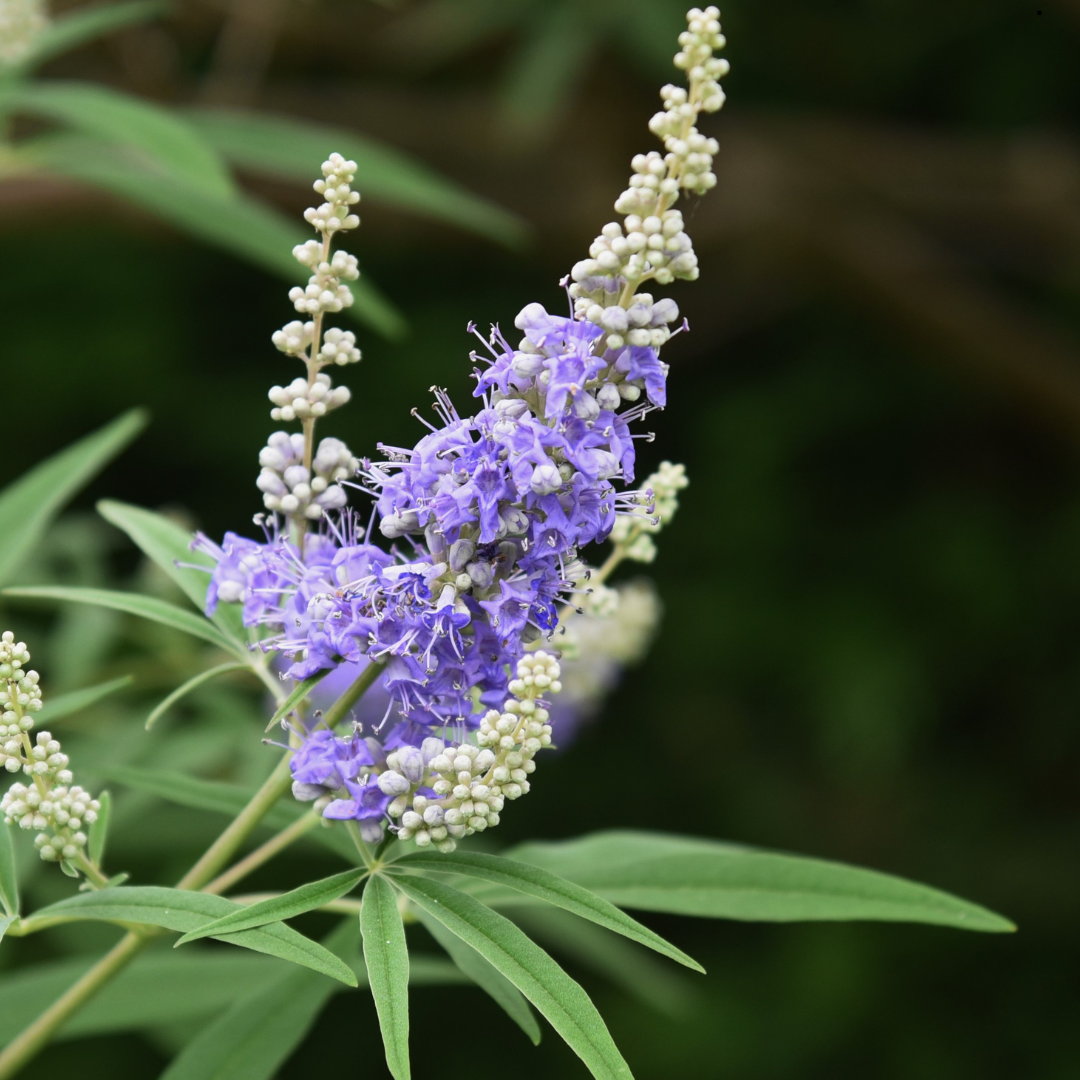
Herbal Properties:
- Balances hormone levels by regulating the pituitary gland
- Reduces prolactin, which can alleviate breast tenderness and mood swings
- Supports a healthy menstrual cycle
Uses:
- Best taken daily in capsule or tincture form
- Works well over time for chronic PMS or hormonal imbalances
Cautions:
- May reduce the effectiveness of birth control
- Results are often best seen after 3 or more months of use
St. John’s Wort (Hypericum perforatum)
Herbal Properties:
- Acts as a natural antidepressant
- Eases emotional symptoms such as anxiety, irritability, and mood swings
- Supports the nervous system during hormonal changes
Uses:
- Can be used as a tincture, capsule, or tea
- Often combined with lemon balm for mood stabilization
Cautions:
- St. John’s Wort interacts with several medications, including oral contraceptives and antidepressants. Check with your healthcare team about using st. john’s wort .
- When you are using the fresh plant, be aware it is photo toxic, meaning the compounds in it change to a toxin when exposed to sunlight
Black Cohosh (Actaea racemosa)
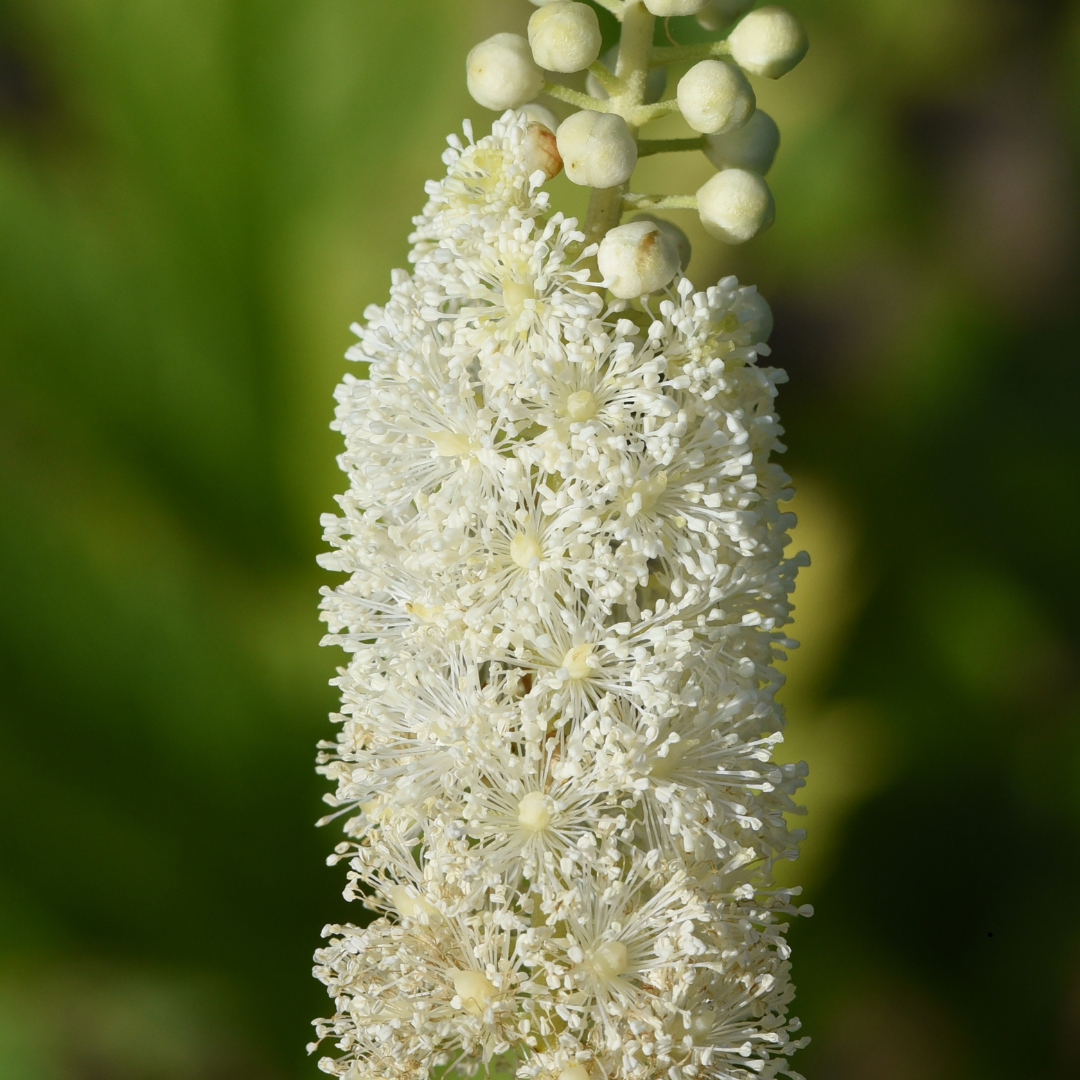
Herbal Properties:
- Reduces hot flashes, breast pain, and night sweats
- Relaxes uterine muscles to ease menstrual cramps
- Acts as a phytoestrogen, mimicking estrogen in the body
Uses:
- Best in tinctures and capsules
- Often paired with dong quai for a balanced hormonal support blend
Dong Quai (Angelica sinensis)
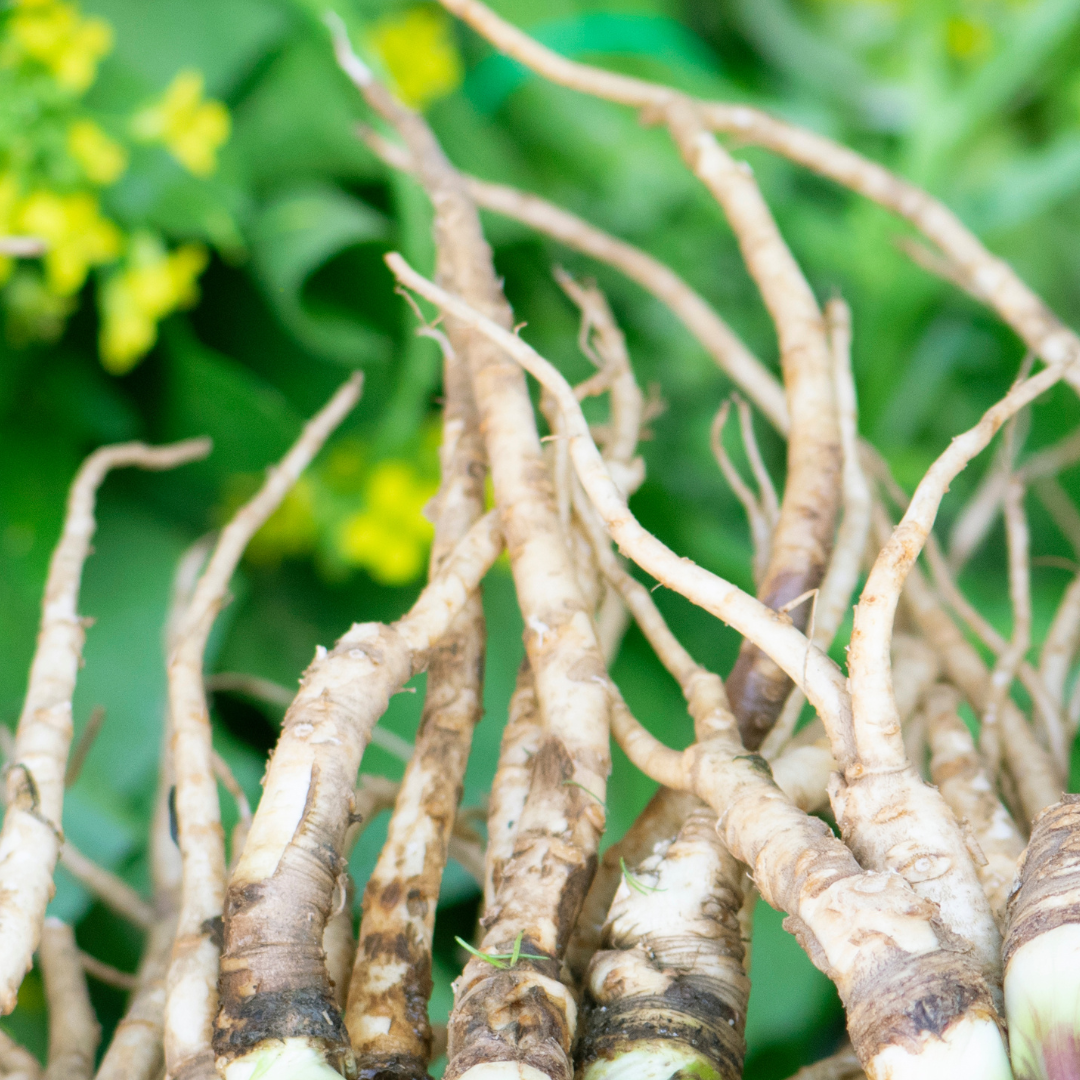
Herbal Properties:
- Traditional Chinese medicine remedy for balancing female reproductive health
- Improves circulation, regulates menstrual flow, and reduces cramps
- Supports hormonal balance in multiple reproductive conditions
- Helps rebuild blood and stimulates blood flow to the pelvis
Uses:
- Taken as a tincture or decoction, the best results happen with consistent use over time
- Pairs well with black cohosh and ginger for menstrual discomfort
Cautions:
- Do not take during pregnancy or if you have excessive menstrual bleeding
- Pairs well with Vitex agnus-castus for comprehensive PMS relief
Lemon Balm (Melissa officinalis)
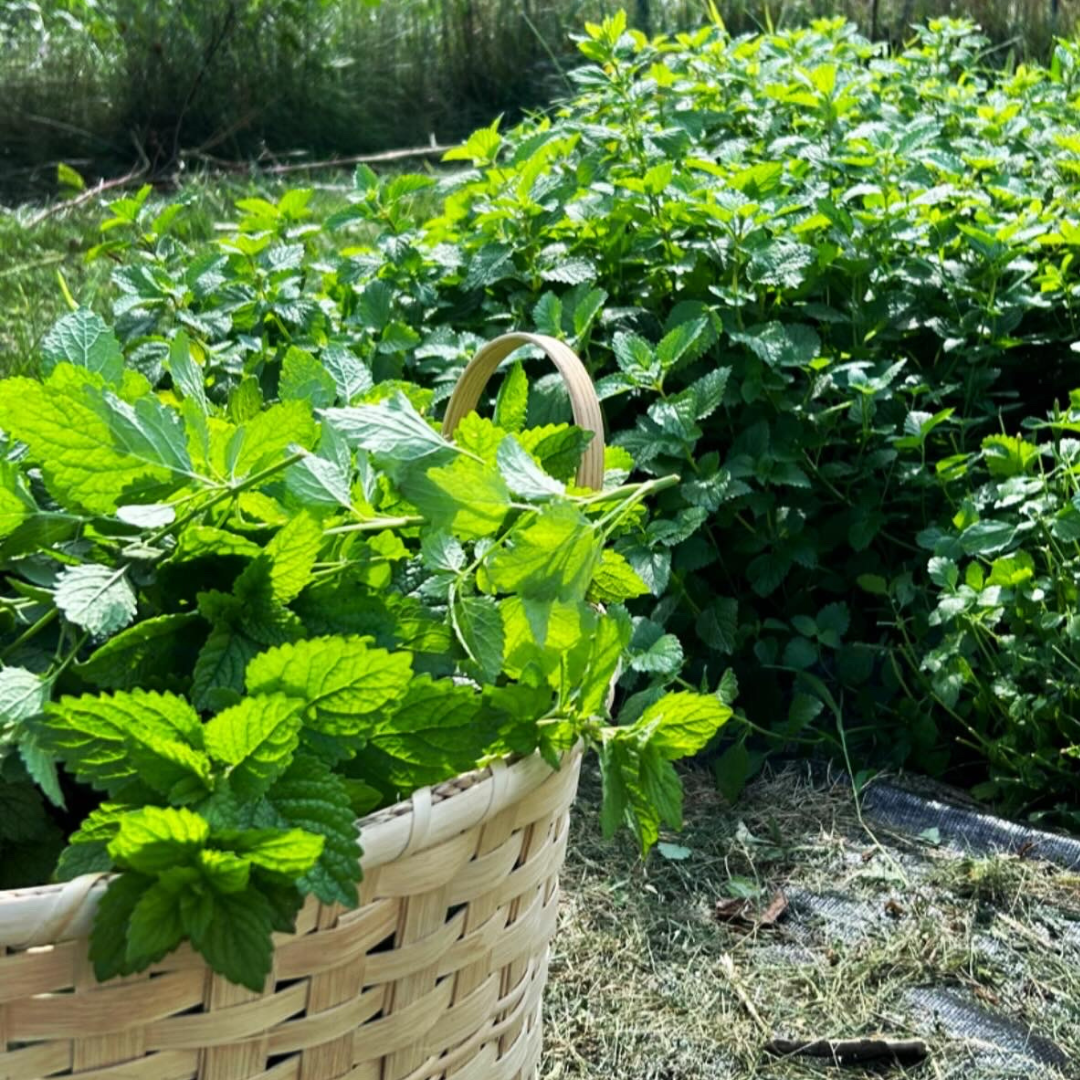
Herbal Properties:
- Calms the nervous system
- Reduces anxiety, irritability, and restlessness
- Helps with insomnia during PMS
Uses:
- Best as a tea
- Blends well with peppermint and chamomile for mood balancing
Ginkgo (Ginkgo biloba)
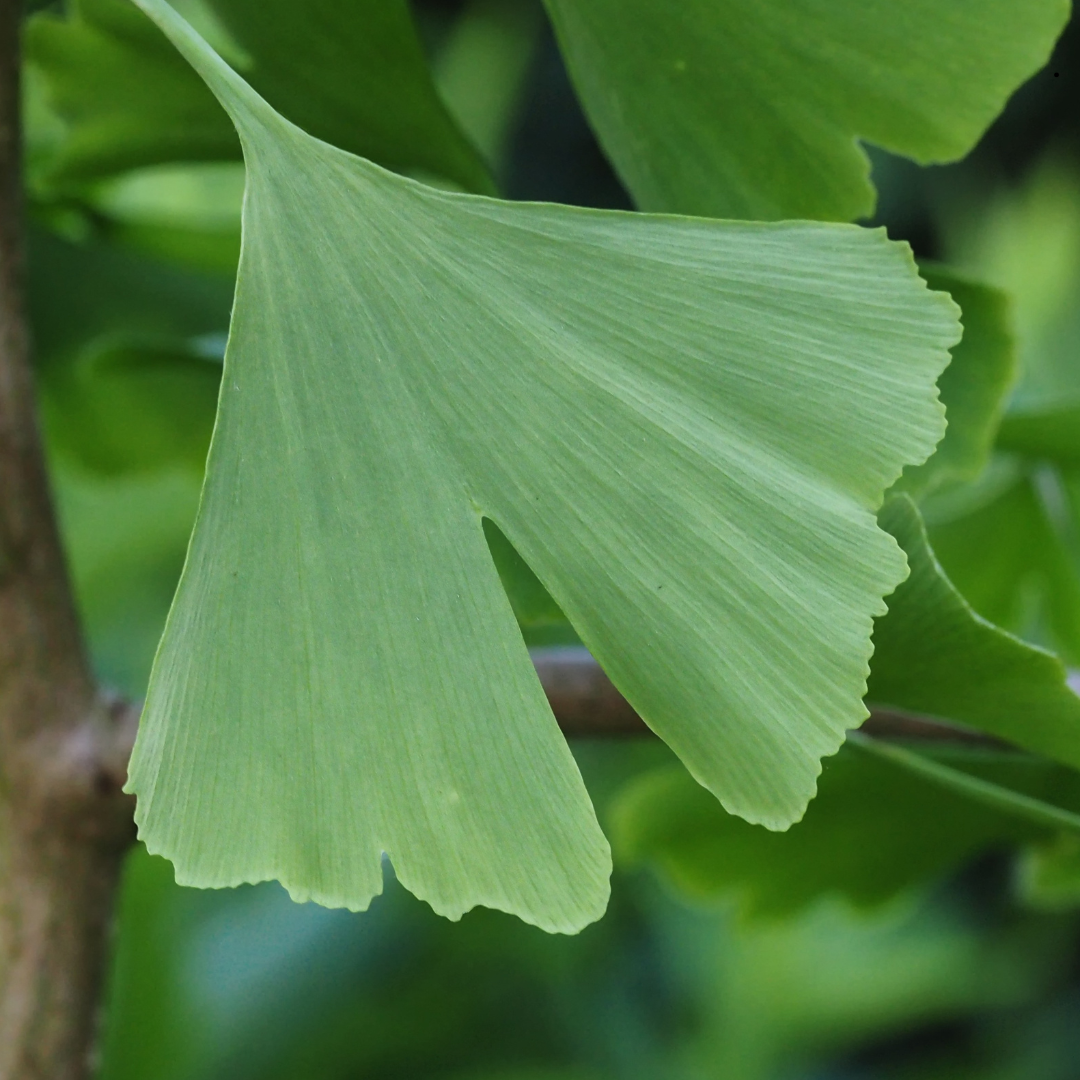
Herbal Properties:
- Enhances circulation, reducing breast tenderness and headaches
- Supports healthy brain function and memory
- Eases fluid retention
Uses:
- Best taken in capsule or tincture form, consistently over time
- Pairs well with Vitex agnus-castus for comprehensive PMS relief
Cautions:
- Be cautious during pregnancy
- Do not use while on blood thinners, as this herb has blood thinning (anticoagulant) properties
Chamomile (Matricaria recutita)
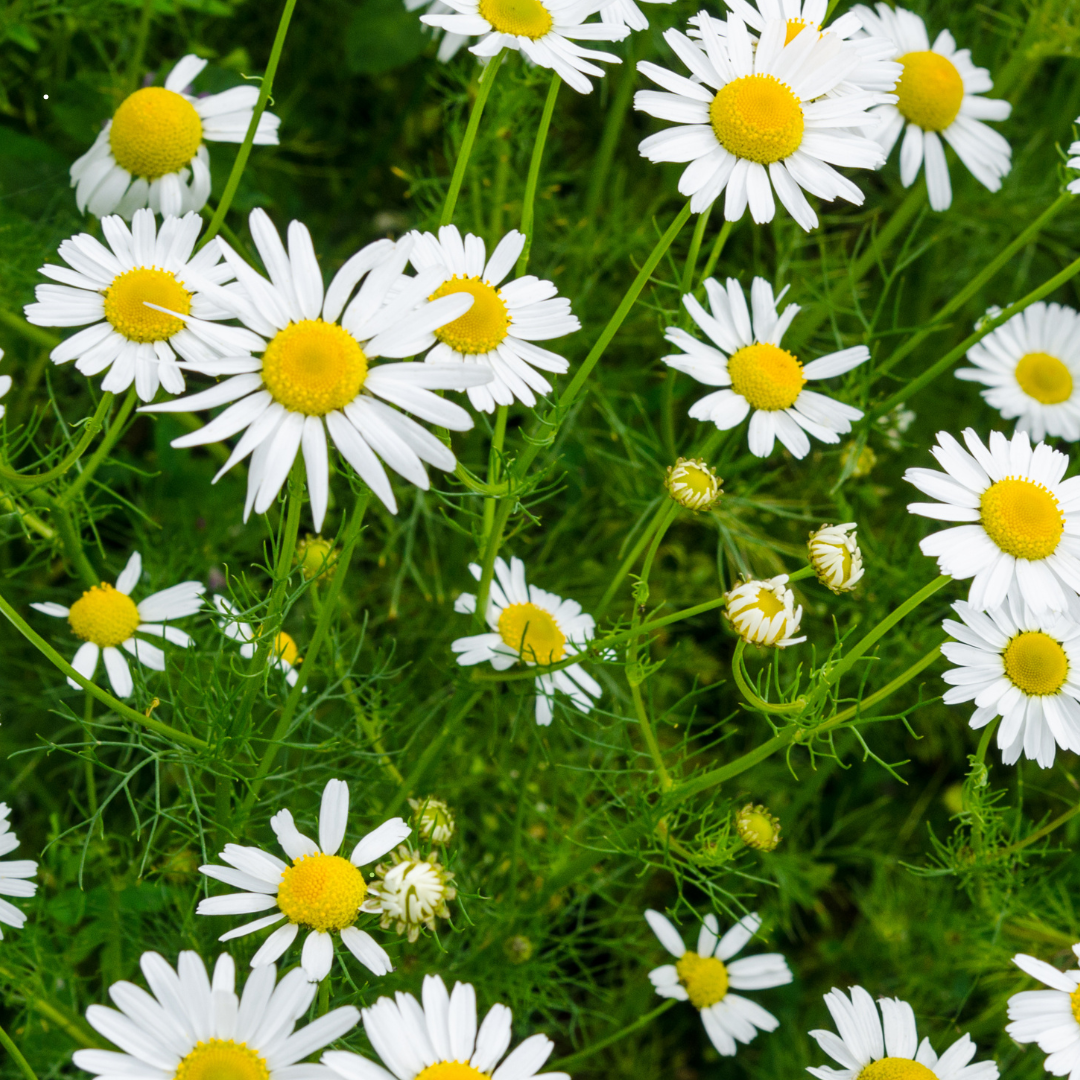
Herbal Properties:
- Anti-inflammatory and antispasmodic properties reduce menstrual cramps and gastrointestinal cramping
- Soothes digestive issues and bloating
- Promotes relaxation and better sleep
Uses:
- Brewed into tea
- Infused in oils for massage
Evening Primrose Oil (Oenothera biennis)
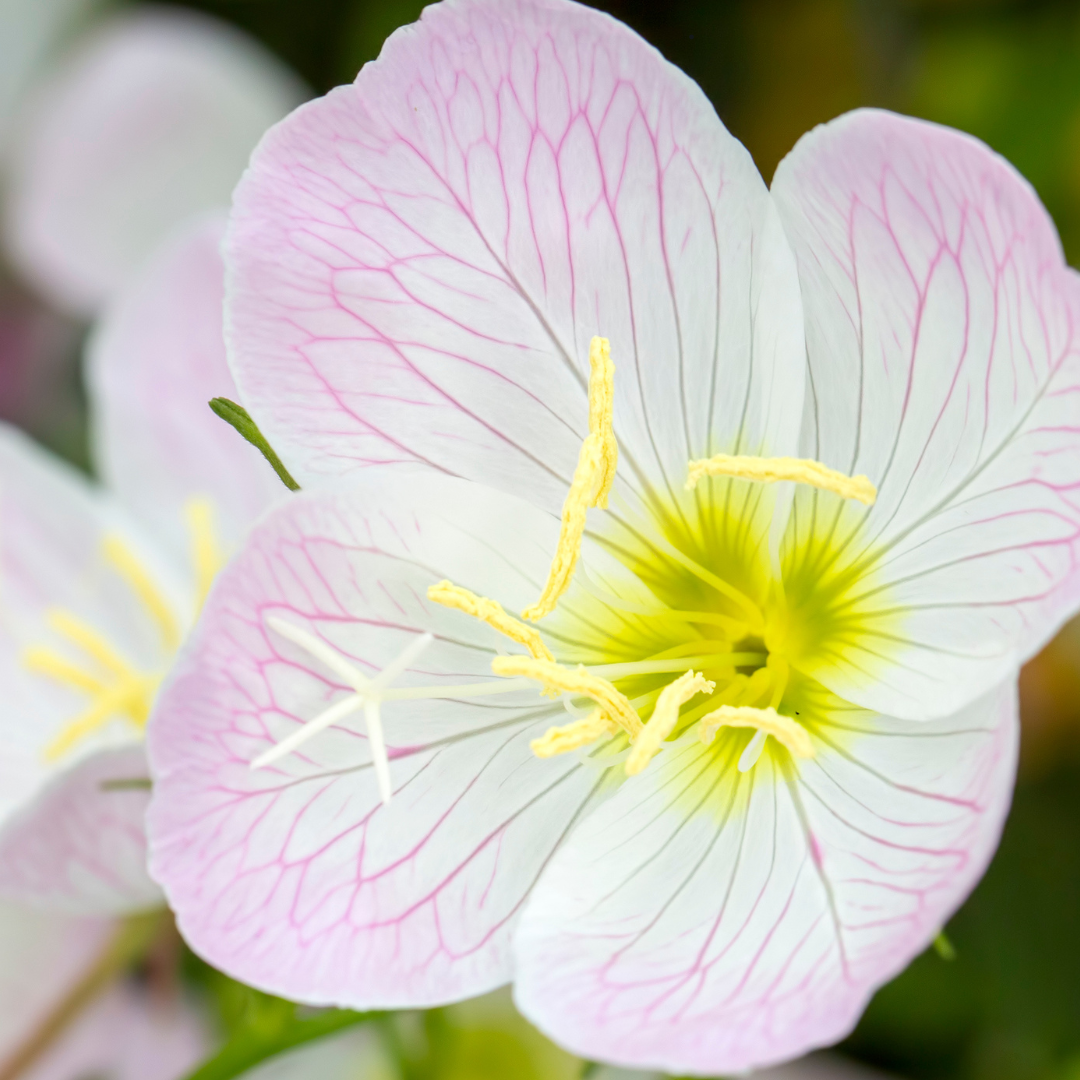
Herbal Properties:
- Rich in gamma-linolenic acid (GLA), an essential fatty acid
- Reduces breast pain, inflammation, and hormonal acne
- Supports hormonal balance
Uses:
- Apply it topically to soothe skin irritation and discomfort
Ashwagandha (Withania somnifera)
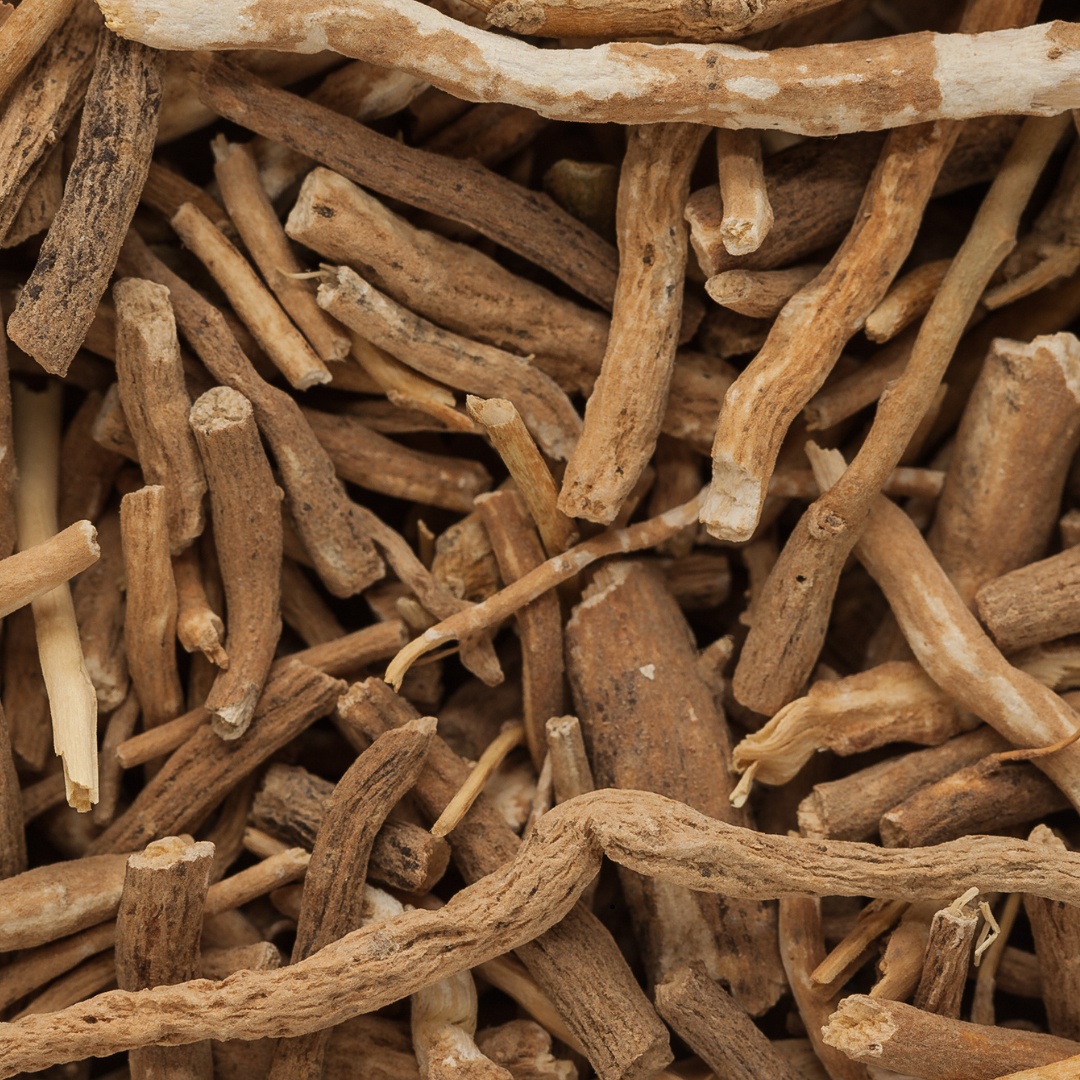
Herbal Properties:
- Help the body adapt to stress
- Anti-inflammatory that helps with joint pain
- Supports healthy blood sugar levels
- Boost energy levels and reduce fatigue
Uses:
- Tinctures, decoction, or capsules
- Delicious in hot chocolate!
Cautions:
- Use with caution in pregnancy
- Use with caution if you have sensitivities to the nightshade family
Rhodiola (Rhodiola rosea)
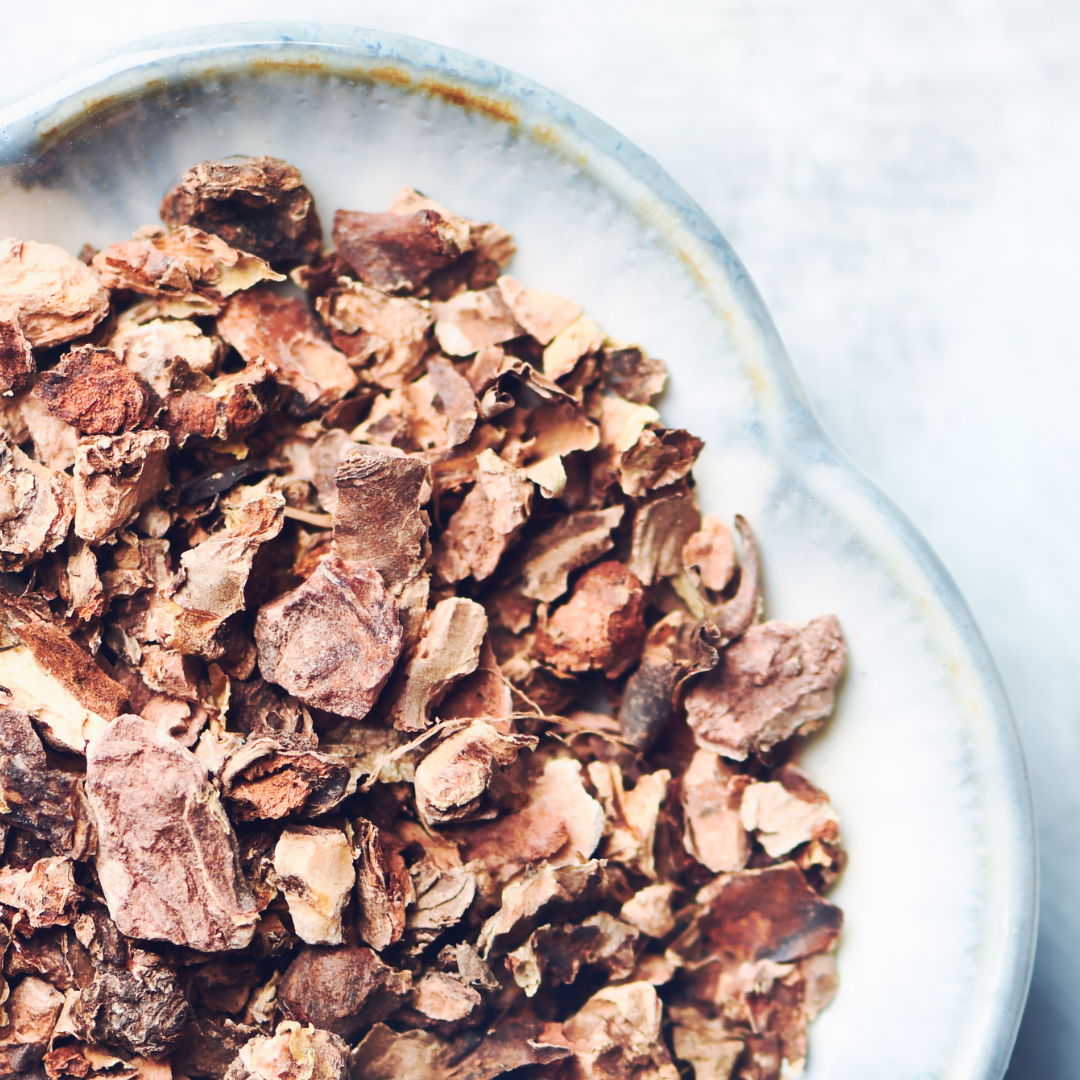
Herbal Properties:
- Help the body adapt to stress
- Stabilize cortisol levels, promoting hormonal balance
- Helps with energy levels and mental clarity
Uses:
- Tincture or capsule form
Tulsi "Holy Basil" (Ocimum Sanctum)
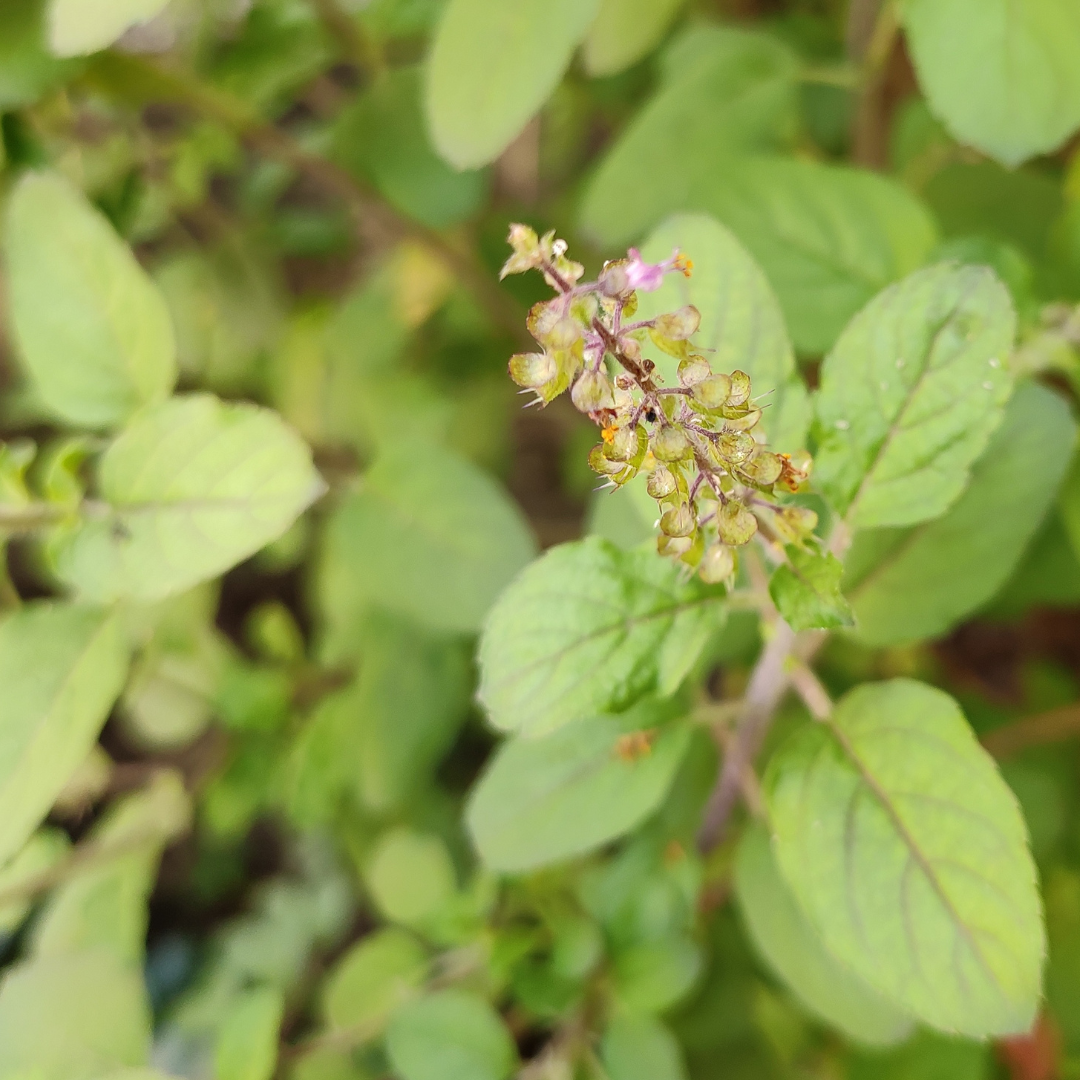
Herbal Properties:
- Protects from the effects of stress
- Supports healthy blood sugar, cholesterol, and blood pressure
- Boost energy levels and reduce fatigue
Uses:
- Tea or tincture
Herbal Teas for PMS Relief
Here are a few options for herbal blends that can bring quick relief:
- Chamomile, tulsi, and rhodiola tea: Soothes cramps and helps with relaxation
- Lemon balm, peppermint, and ginger tea: Reduces anxiety and improves energy levels, calms the gut, and relieves nausea
- Dong Quai and Black Cohosh tincture: Soothes cramps, supports hormone function, and
- Vitex and Ginko Biloba tincture: Supports healthy hormone function and regular cycles over time
Holistic Lifestyle Tips for Healthy Hormones
Alongside herbal remedies, these natural ways can help balance hormone levels:
- Healthy Diet: Focus on magnesium-rich foods, calcium-rich foods, and essential fatty acids like nuts, seeds, and avocados. Reduce dairy products and processed sugars.
- Regular Exercise: Movement helps reduce fluid retention and improves mood.
- Stress Management: Mindfulness, meditation, and breathing exercises calm the nervous system and help regulate hormonal imbalances.
- Calcium Supplements & Vitamin D: Studies show they reduce the severity of PMS symptoms.
- Magnesium Supplements: Magnesium glycinate is helpful for reducing cramping without negative side effects on the intestines.
- Healthy Omega-3 Fatty Acids: Cod liver oil, salmon oil, and flaxseed are good healthy sources of omega-3s that support healthy hormone and cardiovascular function, which is particularly helpful for women who suffer from PMDD.
A word of caution…
Considering this post is about PMS and reproductive conditions, I did not touch on warnings and contraindications with pregnancy and breastfeeding. Cohosh, Dong Quai, and Vitex should be avoided in those situations.
PMS, hormonal imbalances, and complicated reproductive conditions make every month feel like an uphill battle. The good news? Herbal remedies provide a holistic approach to bring relief and restore harmony to your body. Remember, consistency is key to finding balance and getting relief. If you only utilize these practices when it’s unbearable, the results won’t be as powerful.
Don't miss a thing!
New herbal education and recipes delivered to your inbox.
We hate SPAM. We will never sell your information, for any reason.
